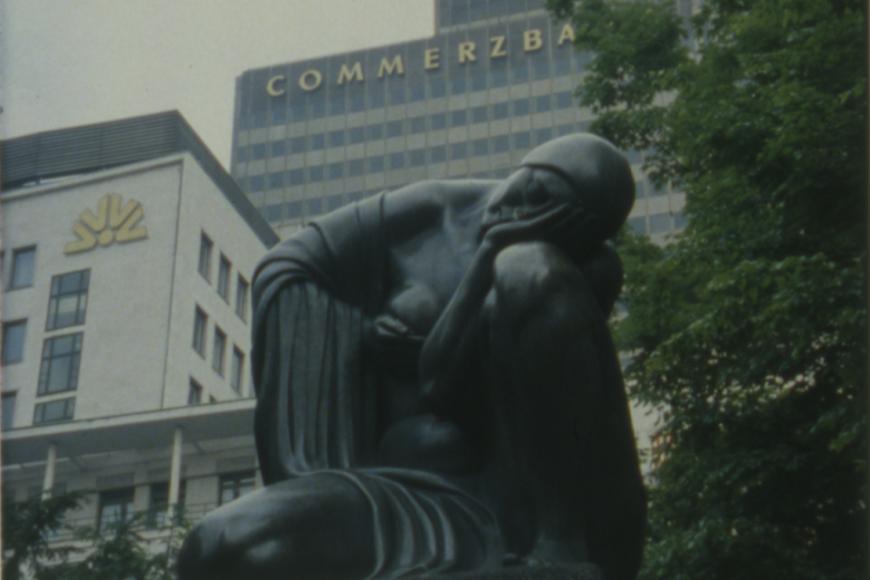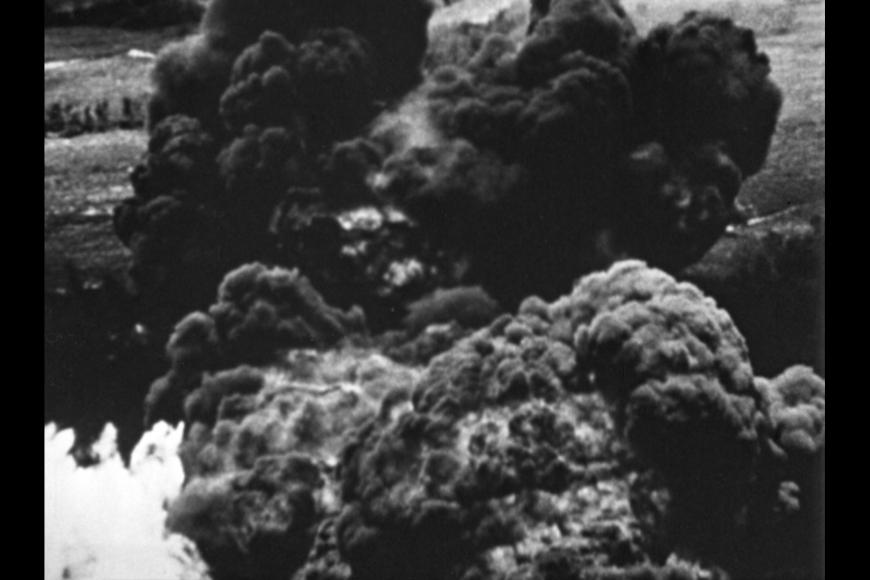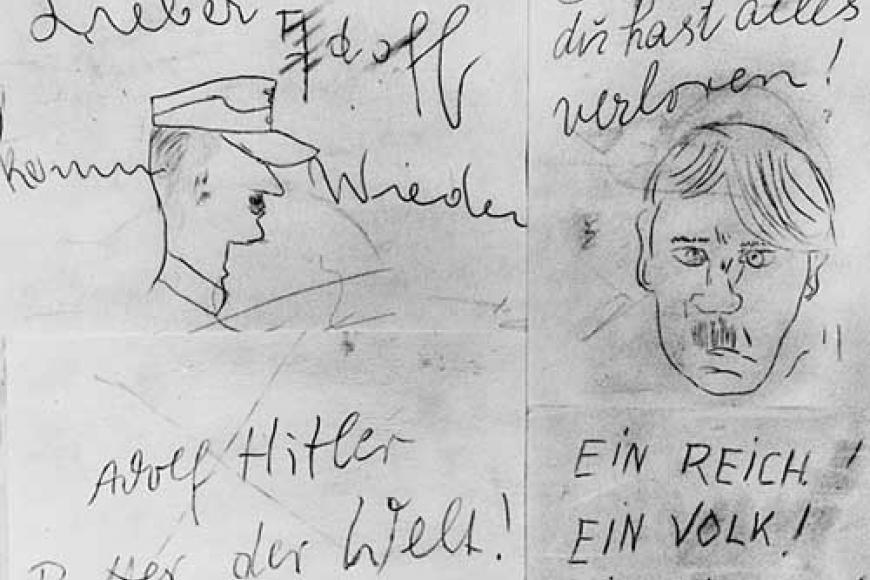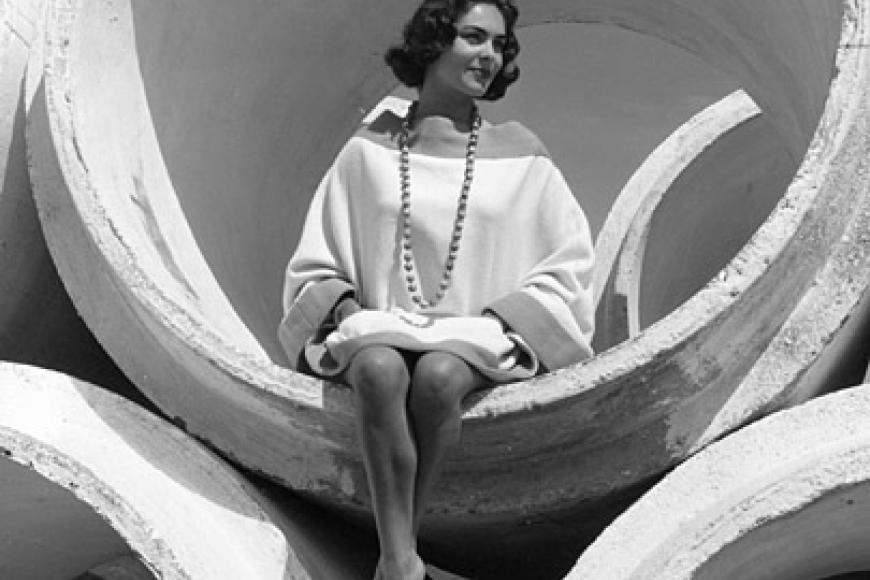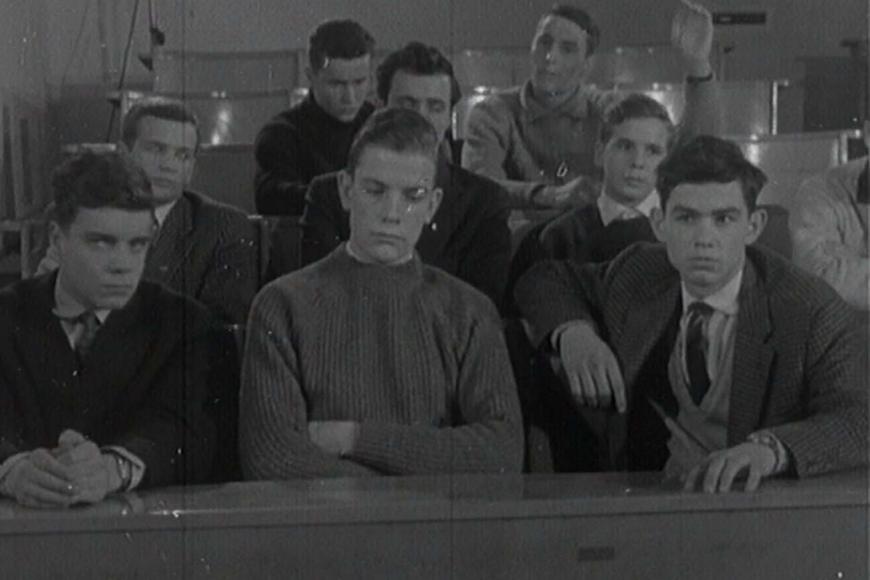
Educational Attainment of West German Pupils in the 1950s
On 29 April 1959, Hessian Broadcasting transmitted an alarming survey of the Federal German school system. The first of three parts of the report “Focus on Our Youth” investigates the question of what has stuck in the minds of higher form students about Hitler’s and Ulbricht’s Germanies. Hesse under Polish administration? Hitler sold badges to come to power? At least they are about right concerning the number of murdered Jews – that is, the third who could think of anything to say about this at all. One television critic rightly pointed out that this represented the sum total of all parental table talk. But were these parents watching television on 29 April 1959?

